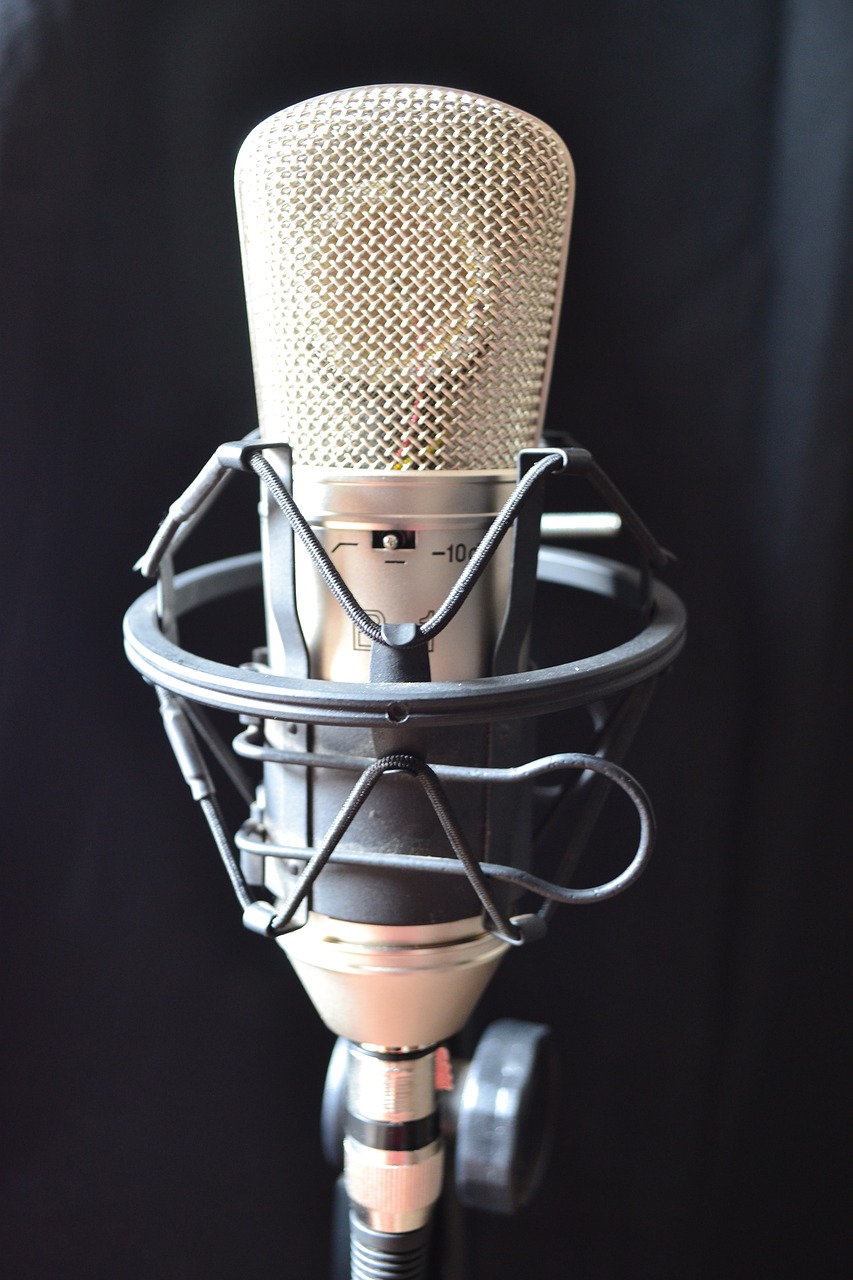-
 play_arrow
play_arrow

-
 play_arrow
play_arrow
Unleash the Resonant Power Within: Discover the Quintessential Collection of Voice Training Secrets, Exclusively Tailored for Aspiring Actors Who Yearn to Transcend Mediocrity and Achieve Acclamation in the Theatrical Realm
Welcome to our guide on the best voice training techniques. Whether you’re a pro or just starting out, good voice control is key to improving your performances.
Your voice can influence the world, provided you know how to tune it.
Anonymous
1. Focus on Breathing
Good breathing is the base of voice training. Learn to breathe deeply from your belly. This strengthens your voice and keeps it healthy. Every day, do breathing exercises to build control and stamina.
2. Enhance Your Skills with Sight Reading Practices
A critical component of the best voice training for actors is mastering sight reading. This practice improves your ability to quickly interpret and vocalize new scripts, enhancing both your adaptability and your performance’s authenticity.

3. Improve Your Articulation
Clear speech is crucial. Work on your tongue and lips to speak clearly. Say tongue twisters and read out loud to get better at forming words.
4. Warm Up Your Voice
Your vocal cords need exercise. Include vocal warm-ups in your daily routine. This keeps your voice ready and flexible. Start with simple humming or scales.
5. Drink Plenty of Water
Hydration is very important for voice training. Drink lots of water to keep your throat moist and avoid strain. Stay away from drinks like coffee and alcohol that dry out your throat.
6. Keep Good Posture
Good posture helps your breathing and voice projection. Stand straight with relaxed shoulders. This helps your voice carry farther and sound better.

7. Practice and Get Feedback
Lastly, practice makes perfect. Record yourself, listen back, and look for ways to improve. Also, a voice coach can give you helpful feedback..
Frequently Asked Questions (FAQ)
What are effective vocal warm-up techniques?
Effective vocal warm-ups should last 5-10 minutes and include exercises that target breath control and vocal range expansion.
How does proper posture impact voice training?
Proper posture aligns the body in a way that enhances respiratory efficiency, crucial for sustained and powerful vocal output.
Why is hydration important in voice training?
Staying hydrated keeps the vocal cords moist and flexible, essential for preventing strain and ensuring smooth voice production.
Can jaw relaxation exercises improve my acting?
Yes, jaw relaxation exercises enhance your mouth’s flexibility, allowing for clearer and more expressive speech, which is vital in acting.
Post comments (0)